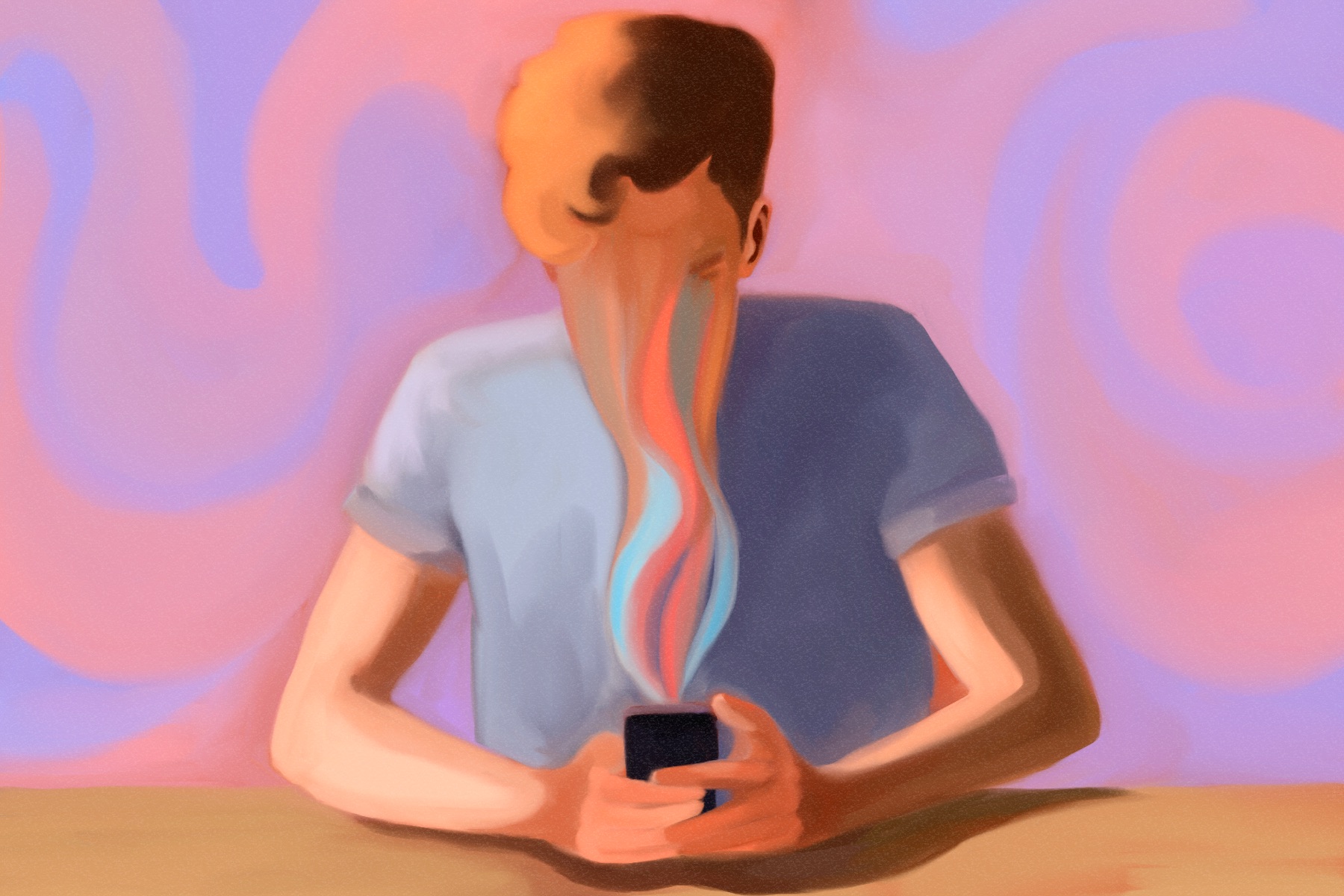The first home television was sold in the U.S. in 1938, and from there spawned an instant success. In the years to come, TV shows developed from the first advertisements and baseball games to news channels and a handful of sitcoms. Now, computers, smartphones and smart TVs dominate people’s lives with more shows than any one person can reasonably watch in a lifetime.
These screens provide not just entertainment, but all the information that anyone could ever need. The same smartphone that are used to find Vine compilations on YouTube can also find where high schools upload their students’ assignments and grades. I write this article in the same space where there are articles on any variety of entertainment news — yes, entertainment has its own news now, too!
But that’s just the tip of the iceberg. The lines blur even more with YouTube channels, such as Hank and John Green’s Crash Course, that are designed for teaching different school subjects, while simultaneously entertaining the audience. Smartboards, PowerPoints and other electronic sources allow students to create and present their work in the classroom. They’re taught research methods in the library and on online databases. At a younger level, programs like “Sesame Street” are marketed as an educational resource for young kids for academic and social skills.
Media shapes culture, even during the time where media only was made up of newspapers and books. The introduction of the TV, and, by extension, the internet, amplify the changes in the current globalized culture. Although Neil Postman’s 1985 work, “Amusing Ourselves to Death,” didn’t have the internet around to watch and critique, his messages about public discourse and decontextualization are more relevant now than ever before.
The Medium Is the Message
Postman’s chapter in “Amusing Ourselves to Death,” “The Medium is the Message,” creates the basis on which the rest of his information follows. He adopts the phrase from Canadian philosopher and professor Marshall McLuhan, who provided the framework for media theory. Postman notes that society assigns symbols to human concepts, using a clock as his example.
“And by the power of its suggestion,” he said, “it so fixes a conception in our minds that we cannot imagine the one thing without the other.”
It is by these metaphors that culture is based because they are accepted truths, such as the concept of time. Although that notion is more or less dancing in the abstract, its application, notably with the clock example, is spot on. Media just happens to be metaphorized by something more complex and fluid: language.
With the power of rhetoric, those concepts morph together. The written and spoken have existed for millennia, but today’s dominant form of rhetoric may skew the message. People are becoming acclimated to a variety of media, but what happens with the introduction of videos, apps delivering news and entertainment in every corner of life? What happens to the message, and, more importantly, what happens to public discourse when the packaging of information changes?
The Media and Decontextualization
“Amusing Ourselves to Death” was published in 1985 when the president of the United States was Ronald Reagan, a former Hollywood actor. For those living in 2018, his past isn’t a shock, and not just because anyone can google it. Current president Donald Trump had his own reality show and is the very definition of politics and entertainment meshed together, but back in 1985, people mocked Reagan’s past while he did his rounds in the political circles. Then again, he also ascended to two terms of the presidency, so he certainly got the last laugh. And not to mention that other celebrities have held political positions (Arnold Schwarzenegger, anyone?)
For President Trump, many other politicians and celebrities, Twitter is becoming the go-to place to share their discourse. Twitter and the rest of the internet, of course, have a field day with these tweets, other videos and whatever else they can drudge up from the bottom of the feed. However, often they’re too busy laughing to notice that there is something deeply wrong with this delivery of information.
With top officials having this variety of access, they sometimes deliver false information through bait articles or doctored videos because it supports their discourse on “the truth.” In all fairness, everyone else also has equal opportunity to share incorrect information, but most aren’t in the public eye and aren’t under consistent public scrutiny. And, for much of the population, that very well might be the truth that they believe.
“Amusing Ourselves to Death” asserts that the biggest problems occur with the decontextualization of the news — pulling quotes, videos and news stories themselves out of context so that the general public can easily digest them. Different mediums create these confines that the news can be trimmed and shoved into, giving the viewers something to observe without too much effort.
Postman posits that the consequence of these condensed info packages is the altered meaning of information. It becomes something else that more readily fits the idea of what the news is, for instance. And when the information changes, so does the discourse pertaining to the information, especially when the information is already altered for the sake of an argument.
Amusing Ourselves to Death
According to Postman and “Amusing Ourselves to Death,” the mixing of entertainment and culture goes further than just an overlap. They become so engrained with one another that there is no distinction between entertainment, news and general information, which defines a culture where people demand entertainment in everything. C-SPAN, though important for observing public policy in the U.S., isn’t exactly a commonly watched station. Ariana Grande’s music video for “Thank U, Next,” however, was viewed 55.4 million times in the first 24 hours alone, so there seems to be a difference in what people enjoy watching.
Of course, there isn’t anything wrong with entertainment or with wanting to be entertained. Postman’s questions are about the extent to which people demand to be entertained, however, and they are important to keep in mind. When the media shapes the messages that the world sees and consumes, and when that media is designed to be entertaining, the original information or truth gets lost in the mix. And, quite frankly, people don’t care or notice. As Facebook has shown, people will share whatever headlines catch their attention. They want the information, but only if they’re entertained while consuming it.
Postman’s forward in “Amusing Ourselves to Death” presents a most disturbing possibility. George Orwell’s “1984” is the future that people fear and reference when they feel like their computer screens are watching them. However, Postman poses an alternate future shaped by Aldous Huxley’s “Brave New World.”
He argues that in Huxley’s dystopian future, no Big Brother is needed to destroy personal autonomy or truth, and he wonders if Huxley was right.
“As he saw it, people will come to love their oppression, to adore the technologies that undo their capacities to think … In short, Orwell feared that what we hate will ruin us. Huxley feared that what we love will ruin us.”

















